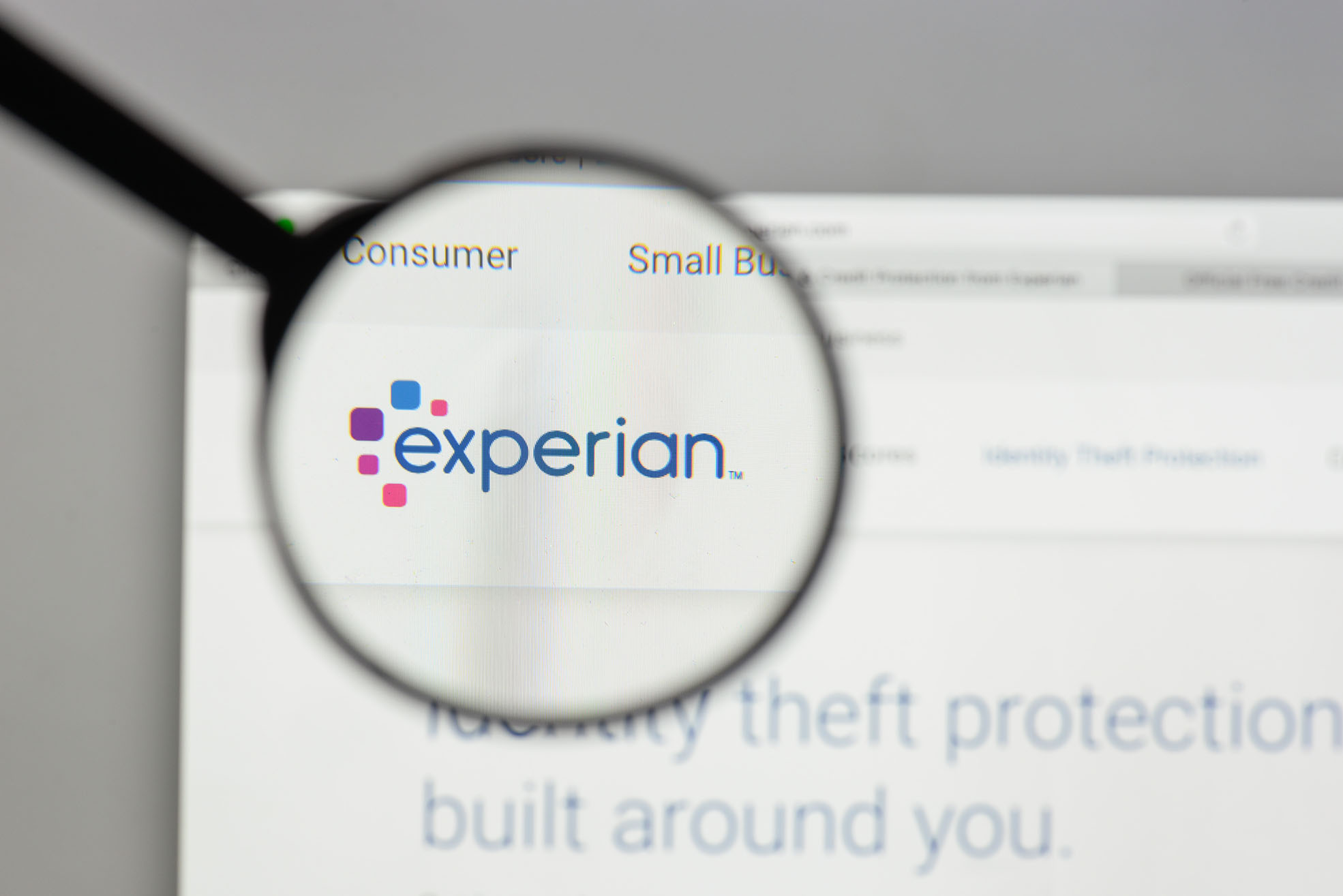As consumers become interested in applying for credit, they also become increasingly curious about what goes into a credit report and how a credit score is calculated. However, discrepancies do exist. Each of the three major credit agencies — Equifax, Experian and TransUnion — receive different information from creditors, and in turn, calculates credit scores that may differ for the same borrower.
Let’s dig a little deeper to see how credit bureaus work and how credit scores are formulated.
How Credit Bureaus Work
Credit reports, and their resulting credit scores, all differ because the underlying data held by each bureau varies. Why? The process of reporting consumer credit behavior to the agencies is discretionary and voluntary. Lenders, creditors, landlords, cell phone companies and others decide which information they wish to release and the agencies decide how to treat that information on your reports.
There are generally accepted rules that apply to all three. For example, Equifax does not indicate that information related to current or past employers is included in your credit reports, while that information does appear in reports by Experian and TransUnion. However, all three typically include information related to the following:
- Current and past credit accounts, including the type, date opened, limit/loan amount, balance and payment history
- The number of credit inquiries, including both soft (those for informational purposes) which do not affect your score and hard (when a potential lender reviews your credit history because you have applied for credit such as a new loan or credit card), which do impact a credit score
- Bankruptcies and collection information, such as from a hospital or utility company
FICO Score vs. VantageScore
In general, a credit score is calculated based on factors related to payment history, credit utilization (how much of your available credit you actually use), hard inquiries, variation of credit types (cards vs. loans) and simply, length of time. (Generally, the longer you have been paying bills and maintaining good credit, the better.)
Each credit agency calculates its own credit score; however, there are some shared resources and standards across all three. Developed in 1989 by the Fair Isaac Corporation, the FICO score filters through information in your credit report to calculate your credit score, which is normally in the 300 to 850 range. The U.S. average FICO score is a 695; scores above 700 are considered “Good” while scores above 750 are considered “Excellent.”
In 2006, Equifax, Experian and TransUnion teamed up to create the independently managed firm VantageScore Solutions. The VantageScore follows FICO’s 300–850 but is generally considered a better indicator of creditworthiness, especially for groups of consumers new to the credit industry or those who are “light” users of credit.
VantageScore considers more information than FICO, helping to score as many as 30 million individuals who would otherwise be deemed as having too little credit. Evaluating a full 24 months of credit activity — and sometimes even longer — VantageScore helps people who don’t frequently use their credit cards and therefore have a less comprehensive credit history than those who use credit cards daily or weekly.
Further, VantageScore is particularly helpful to potential borrowers in the process of building or rebuilding their credit. For example, collection accounts that have been paid in full do not negatively impact a VantageScore. They’ll still stay on a credit report for up to seven years, just as they would normally, but they won’t be included when actually calculating a credit score.
According to CNBC.com, FICO scores are used in over 90% of lending decisions. However, the increasing use of VantageScore may give FICO some competition in the coming years.
How To Obtain the Most Accurate Score Possible
Consumers cannot control which lender reports information to which bureau — or control which scoring model that credit bureau ultimately uses which lands in a credit decision. However, there are still some things consumers can do to ensure that the most positive — or at least accurate — representation of their credit history is used to calculate their scores.
- First and foremost, check your credit reports. During the pandemic, the three national credit reporting agencies are giving people free weekly access to monitor their credit report.
- Try to obtain at least one version of your overall score — though there might be a fee for this. The scores you might pay for online are most likely different from what a financial institution has access to, but it’s a step in the right direction as far as visibility. “Even though the credit score you’re checking probably won’t match the score your lender receives, it’s still important to check your credit score,” notes personal finance site TheBalance.com.
- Study your reports and note any inconsistencies or errors. Contest these directly to the credit bureaus and try to get them removed. Secondly, stay abreast of the credit industry and understand the risks — but also benefits — of opening, maintaining and paying off certain types of accounts.
- Consider subscribing to a credit monitoring and modeling service, such as ScoreMaster, that can perform ongoing “what-if” scenarios based on account payoffs or spending. Leveraging VantageScore, ScoreMaster helps you understand your credit usage much more in depth, and can keep you in a stronger position when you do decide to apply for new credit products. Ask your bank or employer if they offer ScoreMaster.
Disclaimer: FICO® is a trademark of Fair Isaac Corporation and is unrelated to SmartCredit®. TransUnion®, Experian®, Equifax®, and VantageScore® are registered trademarks of their respective owners. Your results may vary and are not guaranteed.
References
- https://www.cnbc.com/select/why-are-my-credit-scores-different/
- https://www.thebalance.com/why-you-have-different-credit-scores-960498
- https://www.consumer.ftc.gov/blog/2020/05/credit-reports-are-now-free-every-week
- https://www.crediful.com/vantagescore/
- https://www.equifax.com/personal/understanding-credit/
- https://www.experian.com/blogs/ask-experian/credit-education/report-basics/
- https://www.transunion.com/credit-report
